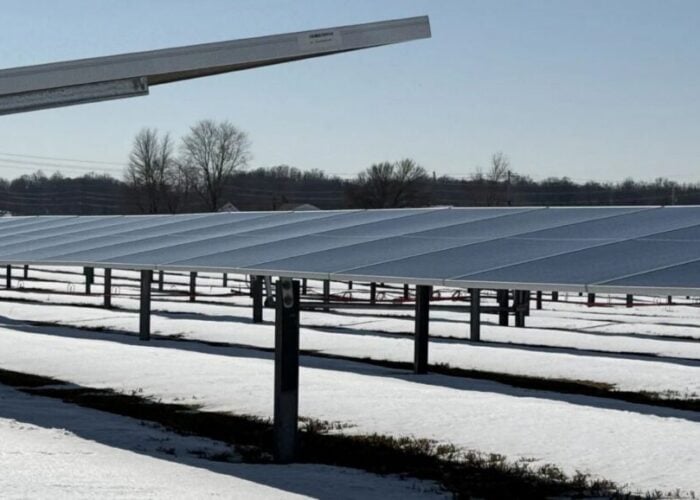Arizona’s largest public utility company is seeking the green light to significantly raise fees levied on households with rooftop solar systems to help pay for the local grid network.
Utility APS began the controversial policy in 2013 when it appeared to convince the state regulator, the Arizona Corporation Commission (ACC), to allow it to charge customers a fee to pay for the “cost shift” of using the grid. However, while APS had asked for the right to charge between US$50 and US$100 a month, equating to around US$3 per kW of generation capacity installed, the utility was only allowed to apply restricted fees of US$0.70 per installed kW. For the average household PV system this meant a charge of about US$5 per month.
Try Premium for just $1
- Full premium access for the first month at only $1
- Converts to an annual rate after 30 days unless cancelled
- Cancel anytime during the trial period
Premium Benefits
- Expert industry analysis and interviews
- Digital access to PV Tech Power journal
- Exclusive event discounts
Or get the full Premium subscription right away
Or continue reading this article for free
APS announced last week that it has asked permission to raise the fees to the US$3 per kW threshold. According to the terms of the original ACC ruling in November 2013, the regulator was convinced that there was some degree of cost shifting by which non-solar customers were paying for the grid use of those hosting PV systems on their roofs. ACC had determined to enact the policy at the lower rate and to then review the decision ahead of this year’s rate case, a formal opportunity to set and design state-wide utility rates. The new rules will not apply to existing customers. APS customers can also be exempted from the charges if they agree to a different bill plan, based on time of use charges.
APS is arguing that even its latest proposal “would not fully resolve the cost shift and is intended to be an interim solution until the issue is addressed in the next APS rate case or another proceeding”. The utility claims that solar customers will still make savings on their electricity bills with the higher surcharge applied, but only of around US$0.10 per kilowatt-hour of solar electricity produced.
The issue of grid use by solar customers has been controversial in the US and elsewhere in the past. Hearings around the APS charges provoked colourful scenes in Arizona in 2013, with a protest rally attended by an estimated 1,000-strong crowd.
At the time, the trade association Solar Energy Industries’ Association (SEIA) chief Rhone Resch said that he was “deeply troubled” by the “precedent-setting action”. Representatives of advocacy group The Alliance for Solar Choice (TASC) also expressed their dissatisfaction at the ruling. Will Craven, a spokesman for the group, said APS was presenting “a self-interested argument that solar is unfair”.
“Among other things solar is a benefit, reducing the need for increasing infrastructure spending but obviously utilities will want to build forever to make returns,” Craven said.






